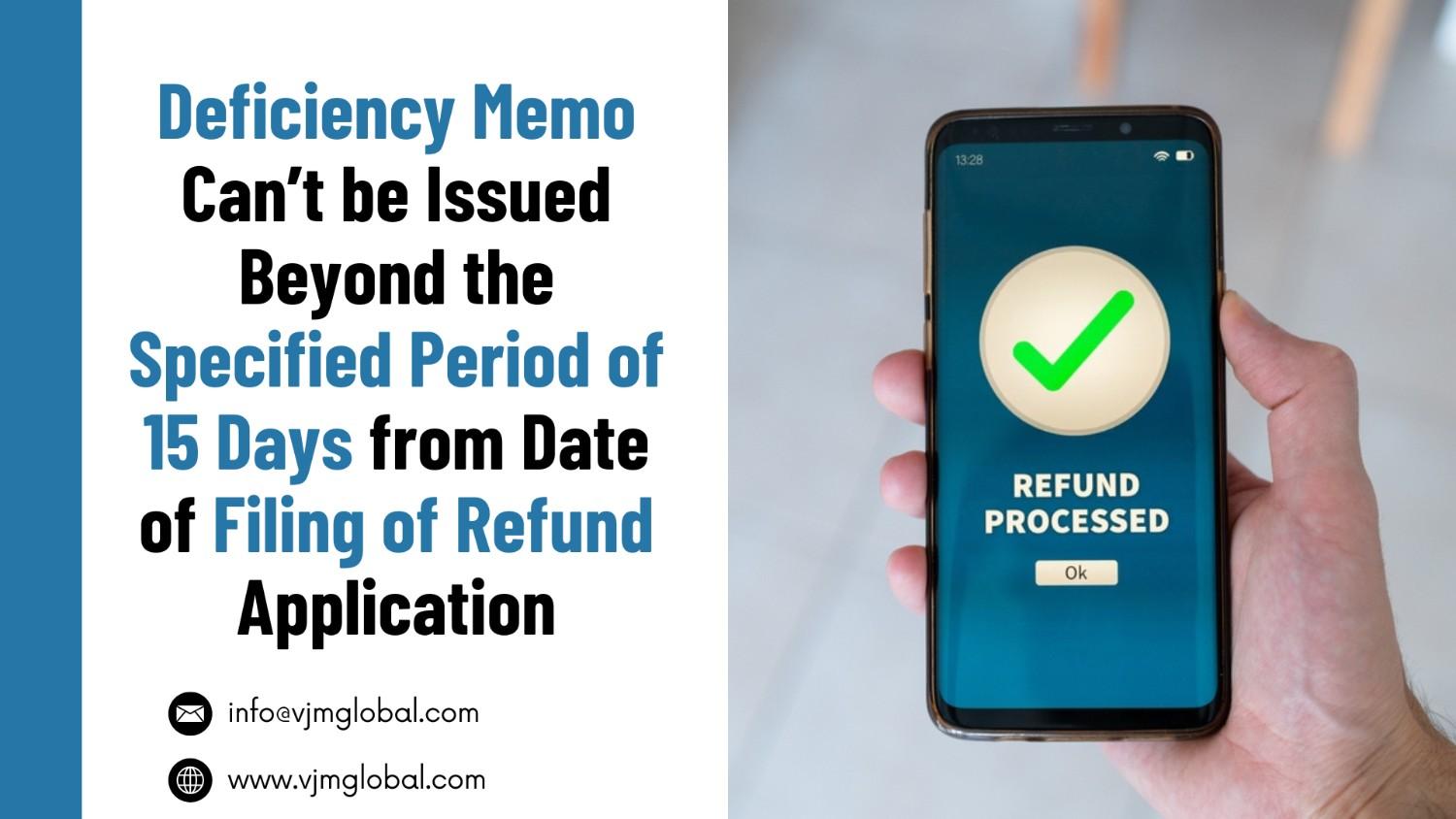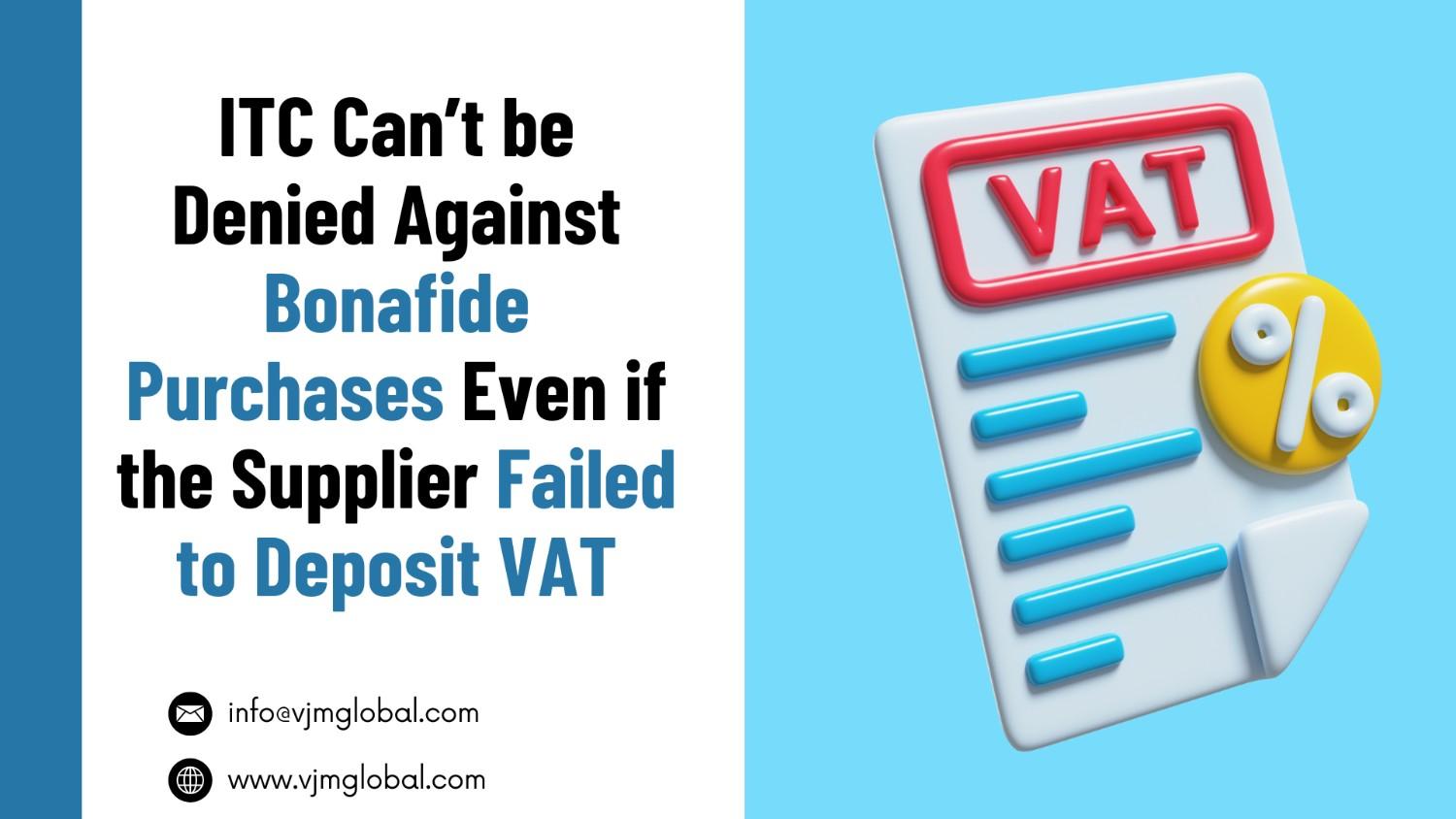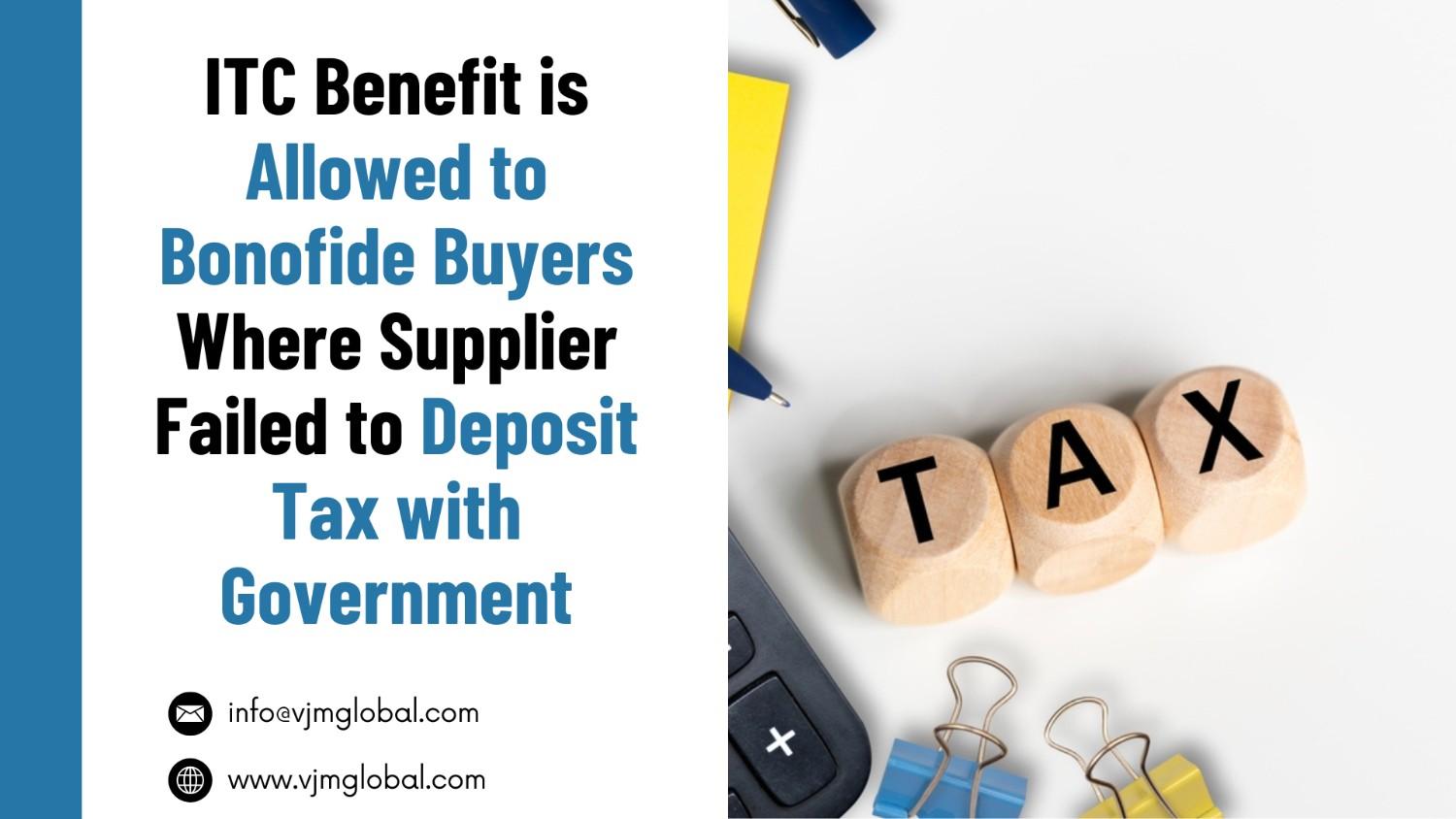Earlier, it was very difficult for a retail investor to invest in Government Securities (G-Sec)/Treasury Bills (T-Bills)/Sovereign Gold Bond (SGB)/State Development Loan (SDL) due to a lack of information about trading/dealings in these instruments, functioning of G-Sec market and more on. To counter this and to enhance more retail participation in the G-Sec market, RBI announced the ‘RBI Retail Direct Scheme (RD) in February 2021 which was launched by the Hon’ble Prime Minister of India on 12th November 2021. This scheme has made Government Security Market easily accessible for individuals without the interference of any broker.
1. What is a Retail Direct Scheme
The retail Direct scheme is a one-stop solution provided to Individual investors to facilitate investment in Government Securities. Under this scheme, Individual Retail investors can open a Gilt Securities Account – “Retail Direct Gilt (RDG)” Account with the RBI.
2. Who is eligible to open an RDG Account with RBI
All Individuals (natural persons) can register, open and maintain a Retail Direct Gild (RDG) Account with RBI provided he is having-
- Rupee Savings bank account in India;
- Valid PAN issued by the Income Tax Department;
- Officially Valid Document (OVD) for KYC purposes. OVD includes Passport, Driving License, Election Card, and other documents as may be prescribed from time to time;
- Valid e-Mail ID and Mobile Number.
Further, NRI retail investors who are eligible to invest in G-Sec under FEMA, 1999 are eligible to open an RDG Account.
Similar to Saving Account, an RDG Account can be opened singly or jointly with any other investor who met the eligible criteria.
3. What are the benefits of opening an RDG Account
- Generally, Investors open accounts with share brokers to trade in securities. However, here investors can directly open an account with the RBI to deal in government securities.
- An investor can deal in both Primary Issuance and Secondary markets.
- The investor can place non-competitive bids in primary issuance* of all Central Government securities (including Treasury Bills and Sovereign Gold Bonds) as well as securities issued by various State Governments.
- Individuals can also access the Secondary market through “NDS OM” – RBI’s trading system. NDS-OM is a screen-based electronic anonymous order matching system for secondary market trading in Government securities owned by RBI.
- The investor will automatically receive any interest paid/maturity proceeds into his linked bank account on due dates.
- Protection against default risk as the Government never defaults in the repayment.
*RDG Account holders have been allowed to participate in the primary issuance of CG/SG/T-bill/SGB
4. What is the meaning of Primary Issuance and Non-competitive bid
- The primary market is raising funds from the market through new issuance. Primary issuances are first-time issuances or re-issuances of G-Sec by the Central Government or various State Governments. For e.g. T-Bill/State Development Loan (SDL)/Cash Management Bill (CMB)/Dated G-Sec/Sovereign Gold Bond (SGB) etc.
- Non-competitive bidding means the bidder would be able to participate in the auctions of G-Sec without having to quote the yield or price in the bid. Thus, the investor will not have to worry about whether his bid will be on or off the mark. As long as he bids in accordance with the scheme, he will be allotted securities fully or partially.
- The non-competitive bid has many advantages such as:
- The non-competitive bidding facility will encourage wider participation and retail holding of G-Sec;
- It will enable individuals, firms, and other mid-segment investors who do not have the expertise to bid competitively in the auction;
- Such investors will have a fair chance of assured allotments at the rate which emerges in the auction.
5. What is the process to open RDG Account
- RDG Account can be opened by filing an online application on https://rbiretaildirect.in/#/login/ portal
- The eligible retail client can open an RDG Account either single or in joint.
- The person intending to open an account will have to furnish the following information:
- Full Name,
- PAN,
- Mobile Number,
- Email Address,
- Residential Address,
- Bank Account number etc.
- The mobile number and email address will be authenticated using OTP as all further customer requests and services will be OTP based;
- The user will be provided with a tracking number to track the application status;
- CCIL (Clearing Corporation of India) will adhere to the KYC guidelines while onboarding the Investor;
- KYC will be done for all account holders. In case of KYC failures, the individual can make a new application or resubmit the application after making the necessary changes;
- The Bank Account of the Customer will also be validated
- Upon completion of the entire verification process, a Retail Direct Gilt (RDG) Account will be opened in the name of the Investor(s);
- Information related to account number, login id & password to access the Online Portal for participating in primary auctions and accessing other services will be made available to the Customer over mail.
- It will be mandatory to fill in the nomination details at the time of opening the account.
- The RDG Account will be available for primary market participation as well as secondary market transactions on NDS OM.
6. What facilities are available upon opening an RDS Account
RBI Portal will provide the following facilities to the investors:
- Opening and management of RDG Accounts,
- Participation in Non Competitive Bidding in Primary G-sec Auctions through the Clearing Corporation of India (CCIL)
- Investment in Sovereign Gold Bonds (SGBs) through CCIL
- NDS OM portal can be accessed for secondary market trading and settlement of such trades through CCIL.
- Investors shall also have the following features online on the portal:
- Account Statement
- Nomination Facility
- Pledge/Lien
- Gift Transactions
7. How Bidding happens on RBI Retail Direct Portal
- The Investor shall place the bid in CG/SG/T-bill Primary Auctions on a non-competitive basis;
- CCIL will submit a single aggregate bid (consisting of all RDG Account holder's non-competitive bids in a particular security) to RBI on the auction date;
- In the case of SGB, the individual bids of each RDG Account holder are proposed to be sent to RBI;
- The RDG Account holders will be allowed to place bids and withdraw bids during the bidding interval or the period of subscription (for SGBs);
8. What facilities are available on the portal for investors
Upon successful registration under the RD Scheme, investor is eligible for the following services-
- ACCOUNT STATEMENT: The investor is able to obtain the statement of transaction history and balance position of securities holding in his/her RDG Account. Further, RBI sends all the transaction alerts by e-mail/SMS as well.
- NOMINATION FACILITY: There can be a maximum of two nominees. In the event of the death of the registered investor, the securities available in the RDG Account can be transmitted to the RDG Account or any other Government securities account of the nominee on submission of death certificate and transmission form.
- PLEDGE/LIEN: Securities held in the RDG Account will be available for pledge/lien as collateral against a loan from Bank/FI.
- GIFT OF SECURITIES: Investors will be able to gift their G-Sec to other retail investors via online mode.
- NO FEES: RBI does not charge any fee for opening and registering the RDG Account. Further, no fee is applicable for submitting bids in the primary auction.
- CONVERSION TO/FROM DEMAT: The Retail Direct Portal will facilitate Retail Direct Investors to convert their holdings in the RDG Account to Demat securities and vice versa. The conversion request needs to be raised by the investor by providing all the information about the beneficiary account.
9. What is NEGOTIATED DEALING SYSTEM – ORDER MATCHING (NDS – OM)
- NDS – OM is RBI’s screen-based, anonymous electronic order matching system for trading in G-Sec in the secondary market.
- This is an order-driven electronic system, where the participants can trade anonymously by placing their orders on the system or accepting the orders already placed by other participants.
- Anonymity ensures a level playing field for various categories of participants.
- Direct access to the NDS – OM system is currently available only to select Financial Institutions like Commercial Banks, Primary Dealers, HNI, Mutual Funds, Insurance Companies, FPI, etc. However, due to Retail Direct Scheme, now a retail investor can open a gilt account with the RBI and can place a direct bid on NDS – OM as well as trade in the secondary market.
FEATURES OF NDS – OM:
1. It covers all G-Sec, T-Bills, Dated G-Sec, etc.;
2. Pre and post-trade anonymity ensures a level playing field for various categories of participants;
3. Real-time information dissemination;
4. T + 1 trading settlement;
5. Operational risk control facility;
6. Separate order book for Standard and Odd Lot markets.
10. How will the payment be made for the bids placed on the RBI Retail Direct Portal
- For the Primary Auction market, a Bid is required to be backed by funding based on indicative price and accrued interest along with a Markup (as non-competitive allotment price shall be known only after auction cut-off) for protection against any adverse price movement till Auction Settlement Date.
- The Markup will be refunded to the Investor post allocation based on the Cut Off Price for the Auction;
- In the case of SGBs, the funding will be based on the Issue Price declared for the particular Issue;
- For making payment for the bids, the retail clients can use services like UPI (Transfer or Block) and Net Banking to transfer funds to a designated current account using Payment Gateways linked to the Online Portal;
- The funding of the bids can be done either at the time of bidding or at a later time, but, before the closure of the bidding/subscription window. Bids that are not funded as of the date of submission of bids to RBI will be canceled.













